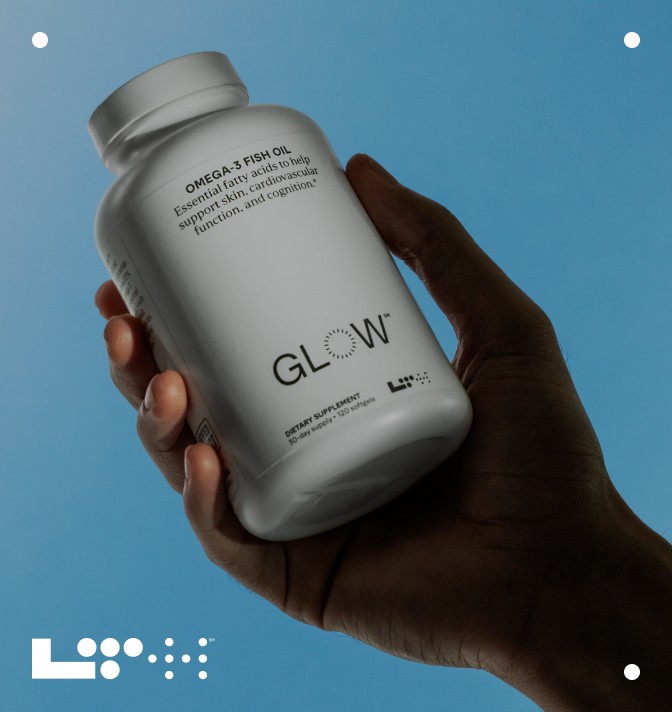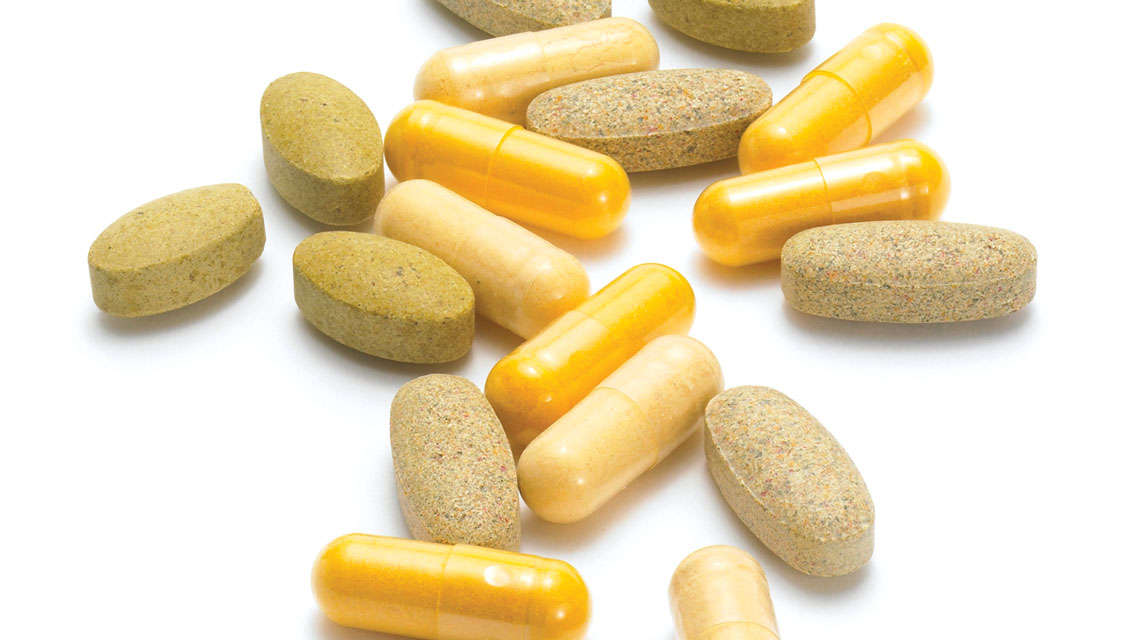B vitamins do a lot of good things for mood: They’re key to the production of feel-good neurotransmitters, they’re important players in the body’s energy-producing system, and they protect the brain during times of stress.
So it comes as no surprise that many people diagnosed with depression are found to be deficient in B vitamins. But even without a test to confirm deficiency, almost anyone dealing with the difficult effects of the illness may benefit from a moderate-dose, high-quality activated B-complex vitamin.
In my practice, there are three main situations that prompt me to suggest a B-complex supplement:
- Someone whose depression started early in life or who has a strong family history of the illness.
- Whenever energy, motivation, and focus have become a struggle, as with winter depression.
- If someone is undergoing unusually severe or prolonged stress.
I also consider adding a B supplement when antidepressant medications are insufficiently effective, or when the dose must be kept low because of side effects.
How B Vitamins Work
Biochemically, there are two crucial ways the B vitamins affect mood. First, they play a central role in the Krebs cycle, which is the energy-production mechanism within each cell. This metabolic process releases the energy stored in food and makes it available to the body. Glucose is virtually the sole source of energy in the brain, and B vitamins assist with the conversion of food to glucose to keep the brain humming. That process involves oxidation, which inevitably creates waste byproducts.
This is where the second role for B vitamins comes in. Not only do they support the intracellular metabolic process, but their antioxidant properties also help with cleanup, protecting cells from the byproducts of oxidation.
Antioxidants help the brain recover from the effects of stress. Severe or long-term stress contributes to higher metabolism and, by extension, greater production of metabolic waste products. These must be cleaned up to protect sensitive neurons, and B vitamins wield the mop.
It’s also common to develop systemic inflammation from chronic stress, which can damage brain tissues. B vitamins help buffer those effects.
Finally, B vitamins support mood by serving as partners, or “cofactors,” in the production of serotonin, dopamine, and norepinephrine. An anxious brain is, essentially, an unhappy brain, and many people with depression feel better when these neurotransmitters are boosted.
B Vitamins and Genetic Depression
There’s a genetic component to depression, and it too can involve B vitamins. About 1 in 10 people carry a genetic polymorphism on the MTHFR gene that regulates folate (naturally occurring) and folic acid (synthetic, as in supplements).
Folate (along with B6) is a key nutrient in the production of neurotransmitters. It’s prevalent in fresh, leafy greens, but it degrades quickly. Even if you eat plenty of greens, the folate may only be effective if you eat them within a few days after they’ve been picked.
Many people diagnosed with depression
are found to be deficient in B vitamins.
People with MTHFR face an additional challenge with folate: Even though they may eat a perfectly healthy diet that’s brimming with freshly harvested green vegetables, they don’t have sufficient quantities of the enzyme that converts dietary folate into a form the body can use.
This inherited folate-processing issue may be one of the reasons depression runs in families; it may also explain why some children experience depression, even without any sort of traumatic experience that might have triggered it.
Fortunately, there are supplements that provide B vitamins in an “activated” form that the body is able to use.
One thing to be aware of: Activated B vitamins can make some people feel jittery. Some of us are constitutionally more sensitive to anything activating. So B-complex supplementation may be great for a person who feels very lethargic in winter, for example, but it may make someone who is already feeling heated up or agitated feel worse.
As always, listen to your body — you’re the one who knows you best.
Learn More
Looking to enhance the mental health of a loved one — or yourself? We’ve curated a range of articles to help you support your mental health needs here.
This article originally appeared as “B Well” in the December 2021 issue of Experience Life.






This Post Has 2 Comments
I had a serious depression – 1973/1974 – well before antidepressants were developed. The only therapy I could find was indeed B-Vitamins. 4 or so months later the depression lifted. I still look over my shoulder for it to return, but I still take B Vitamins!
Superb!
shared awesome information about b vitamins